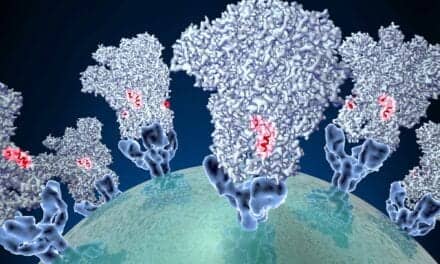Cryptococcus gattii, a virulent lung fungus that has invaded the Pacific Northwest is highly adaptive and warrants global “public health vigilance,” according to a study by an international team led by the Translational Genomics Research Institute (TGen).
C. gattii, which researchers say likely originated in Brazil, is responsible for dozens of deaths in recent years since it was first found in 1999 on Vancouver Island, British Columbia, Canada, well outside its usual tropical habitats.
This study should form the basis of additional investigations about how and why C. gattii disperses and emerges. It identified several new genomic targets for diagnostic tests, and possible new targets for therapeutic drugs and preventative vaccines.
“By closely analyzing the genomes of dozens of outbreak strains, as well as globally diverse strains, we were able to closely compare and determine the genomic differences that may cause their clinical and ecological changes,” said Dr. Paul Keim, one of the study’s senior authors. Dr. Keim also is Director of TGen North, and Director of the Microbial Genetics and Genomics Center at Northern Arizona University (NAU).
This study concludes that: “Public health vigilance is warranted for emergence in regions where C. gattii is not thought to be endemic.”
Click here to view original web page at www.sciencedaily.com









